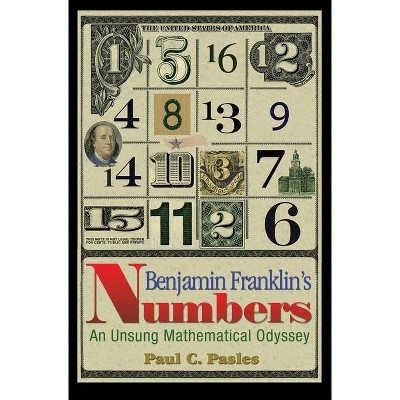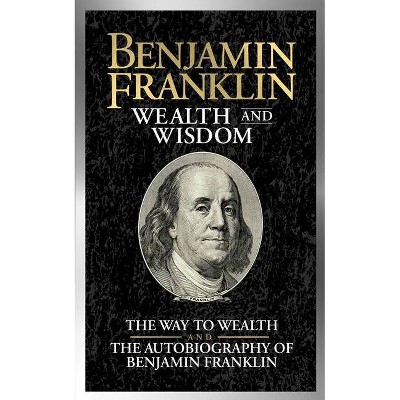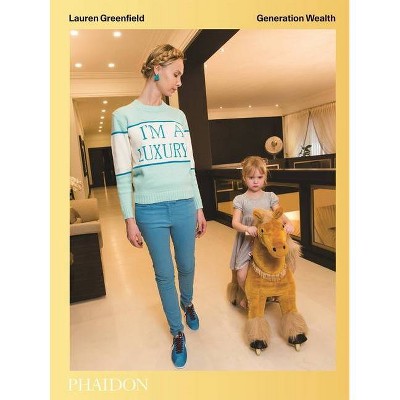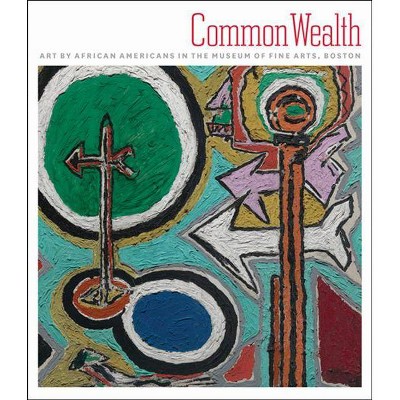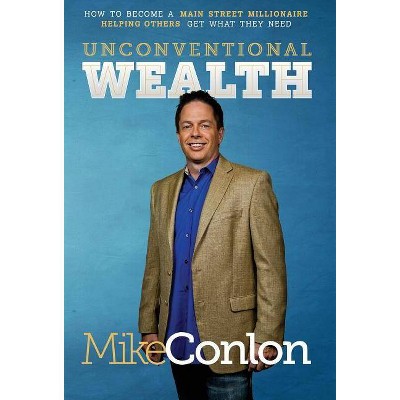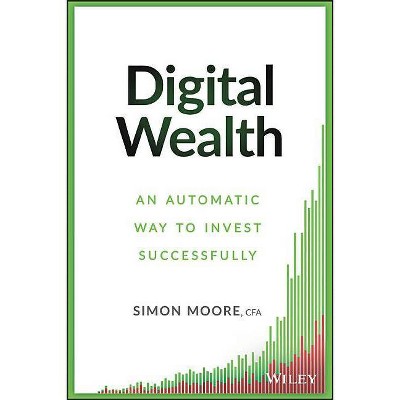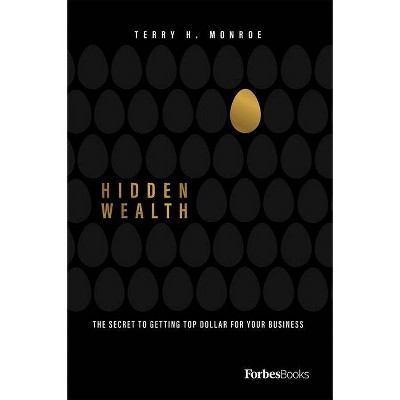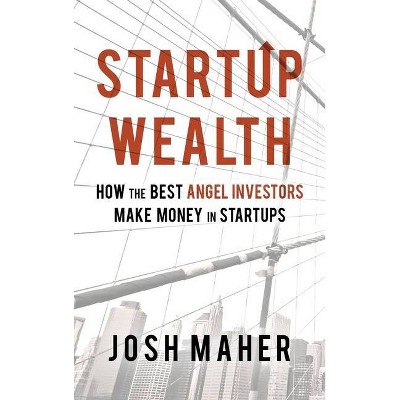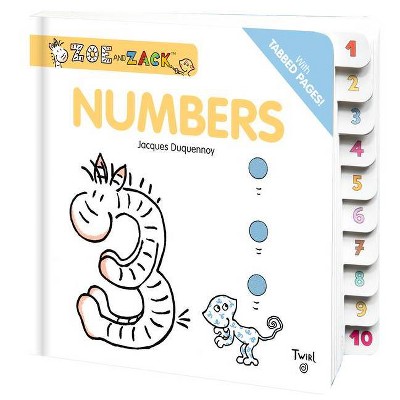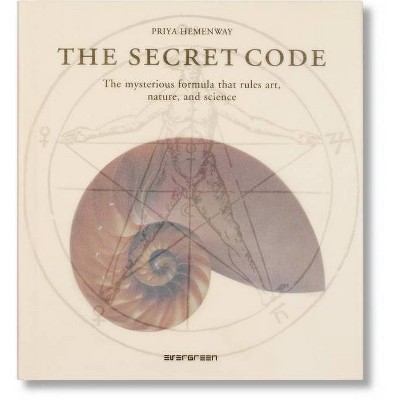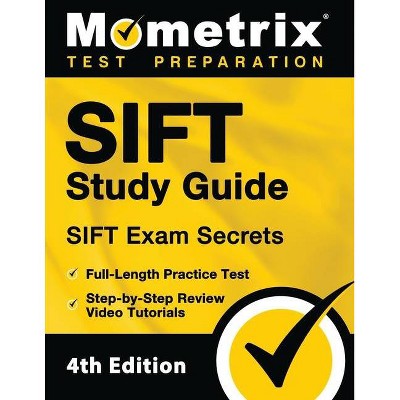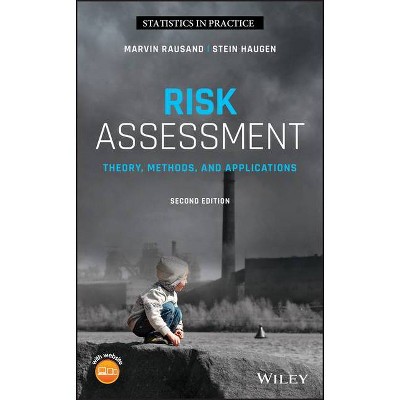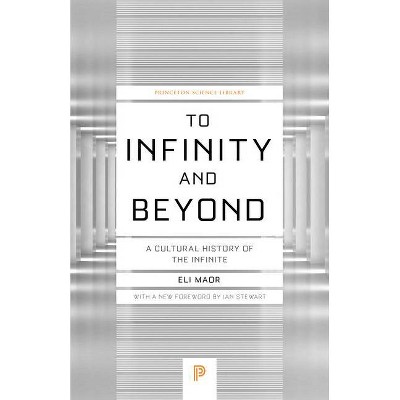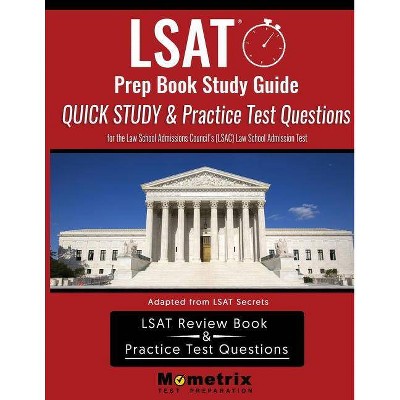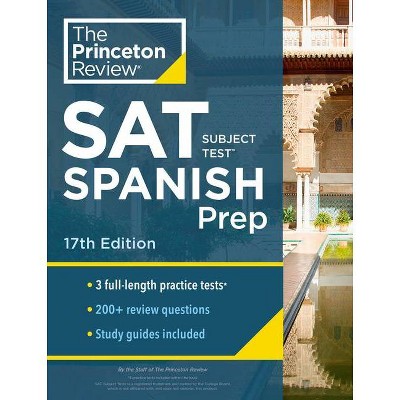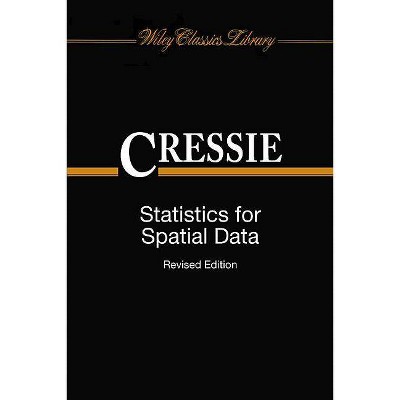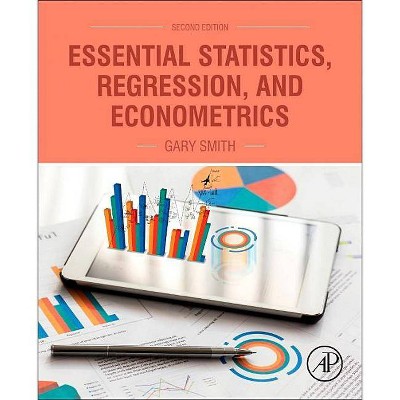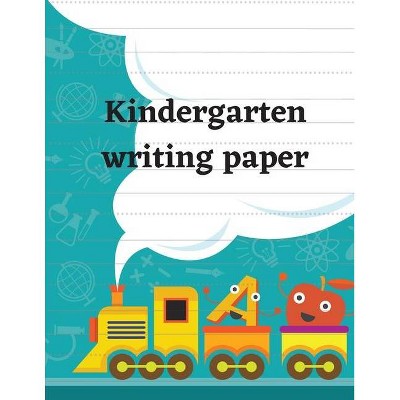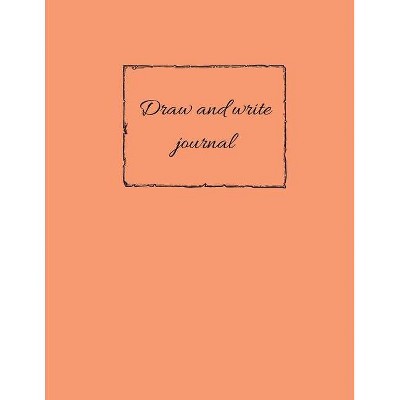A Wealth of Numbers - by Benjamin Wardhaugh (Hardcover)
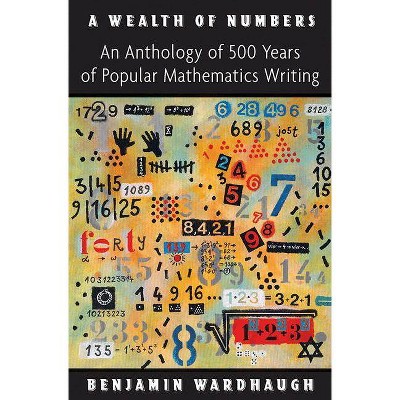
Similar Products
Products of same category from the store
AllProduct info
<p/><br></br><p><b> Book Synopsis </b></p></br></br><p><b>An entertaining and informative anthology of popular math writing from the Renaissance to cyberspace</b> <p/>Despite what we may sometimes imagine, popular mathematics writing didn't begin with Martin Gardner. In fact, it has a rich tradition stretching back hundreds of years. This entertaining and enlightening antholog--the first of its kind--gathers nearly one hundred fascinating selections from the past 500 years of popular math writing, bringing to life a little-known side of math history. Ranging from the late fifteenth to the late twentieth century, and drawing from books, newspapers, magazines, and websites, <i>A Wealth of Numbers</i> includes recreational, classroom, and work mathematics; mathematical histories and biographies; accounts of higher mathematics; explanations of mathematical instruments; discussions of how math should be taught and learned; reflections on the place of math in the world; and math in fiction and humor. <p/>Featuring many tricks, games, problems, and puzzles, as well as much history and trivia, the selections include a sixteenth-century guide to making a horizontal sundial; Newton for the Ladies (1739); Leonhard Euler on the idea of velocity (1760); Mathematical Toys (1785); a poetic version of the rule of three (1792); Lotteries and Mountebanks (1801); Lewis Carroll on the game of logic (1887); Maps and Mazes (1892); Einstein's Real Achievement (1921); Riddles in Mathematics (1945); New Math for Parents (1966); and PC Astronomy (1997). Organized by thematic chapters, each selection is placed in context by a brief introduction. <p/>A unique window into the hidden history of popular mathematics, <i>A Wealth of Numbers</i> will provide many hours of fun and learning to anyone who loves popular mathematics and science.</p><p/><br></br><p><b> From the Back Cover </b></p></br></br><p>"This accessible and inviting anthology shows how entertaining it can be to think about mathematics. The selection, organization, and commentaries result in a unique book that is equal to far more than the sum of its parts."<b>--Paul C. Pasles, author of <i>Benjamin Franklin's Numbers</i></b></p><p/><br></br><p><b> Review Quotes </b></p></br></br><br><i>A Wealth of Numbers</i> explores the often overlooked history of popular mathematics in an easy to read and captivating manner. I recommend the book, not only as an excellent research text in this area of mathematics, but as an interesting and entertaining read.<b>---Steve Humble, <i>Mathematics Today Magazine</i></b><br><br>[F]or the enthusiast for the history of popular maths writing this is a must-have book.<b>---Brian Clegg, <i>Popular Science</i></b><br><br>Fascinating to browse, a delight to read, and informative. . . . Get this book! It is as much fun to read as it is to share with others, especially students who can gain from doses of past mathematical realities.<b>---Jerry Johnson, <i>Mathematics Teacher</i></b><br><br>In <i>A Wealth of Numbers</i>, we have the end product of what must have been a lot of challenging research. . . . This book works well for random browsing as well as for sustained reading; purely recreational essays and puzzle problems are well-mixed with more serious topics such as an article explaining Cantor's diagonalization proof and 'Cubic equations for the practical man.' There's something in here for everyone, and it's a great contribution to the mathematics literature to have it all in one place.<b>---Mark Bollman, <i>MAA Reviews</i></b><br><br>The Wardhaugh book is a welcome addition to anthologies that have preceded it. . . . Although written for the general reader who is interested in mathematics, the collection is apropos for those who are more mathematically oriented as well. . . . [T]his well-thought-out, eclectic collection will provide hours of enjoyable reading.<b>---Jim Tattersall, <i>CSHPM</i></b><br><br>One of the pleasures of this book is reading the texts in the language of the day. . . . The collection as a whole provides the general reader with a history of mathematics, biographical and otherwise, through popular writing. Because the writing was aimed at general readers of its time, it is usually accessible to the average mathematical reader of our time. The book would be an excellent reference for teachers of mathematics and for those researching the history of the dissemination of mathematical ideas.<b>---Carol Dorf, <i>American Scientist</i></b><br><br>This book permits the reader to pick it up whenever he or she has a few minutes (or longer) to spare, and find a section to fit the available free time and mood. It will provide the reader, novice and expert alike, many hours of learning filled with surprise, pleasure, amazement, and sometimes laughter.<b>---Godfried Toussaint, <i>Zentralblatt MATH</i></b><br><br>Wardhaugh provides an exciting addition to mathematics anthologies. . . . The physical format is very reader-friendly, with especially good line spacing and margins. The book is valuable for all libraries supporting undergraduate and graduate study, as well as many public libraries. Faculty should consider this as a source of comprehensible readings for aspiring mathematics majors. Individuals interested in math history will want a copy for their personal libraries.-- "Choice"<br><p/><br></br><p><b> About the Author </b></p></br></br><b>Benjamin Wardhaugh</b> is a postdoctoral research fellow at All Souls College, University of Oxford, where he studies and teaches the history of mathematics. He is the author of <i>How to Read Historical Mathematics</i> (Princeton).
Price History
Cheapest price in the interval: 55 on November 8, 2021
Most expensive price in the interval: 55 on December 20, 2021
Price Archive shows prices from various stores, lets you see history and find the cheapest. There is no actual sale on the website. For all support, inquiry and suggestion messagescommunication@pricearchive.us
